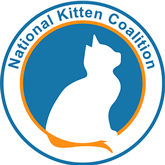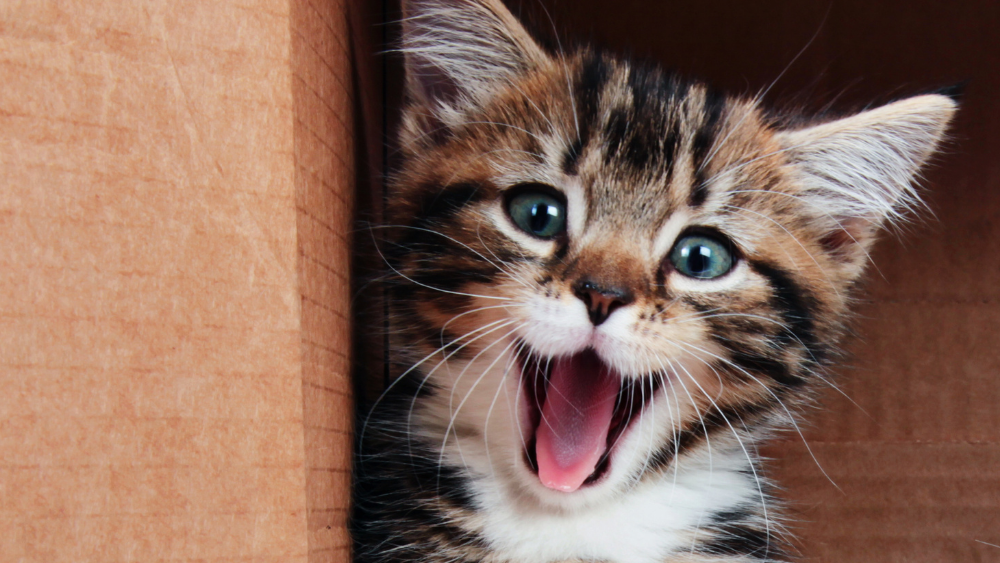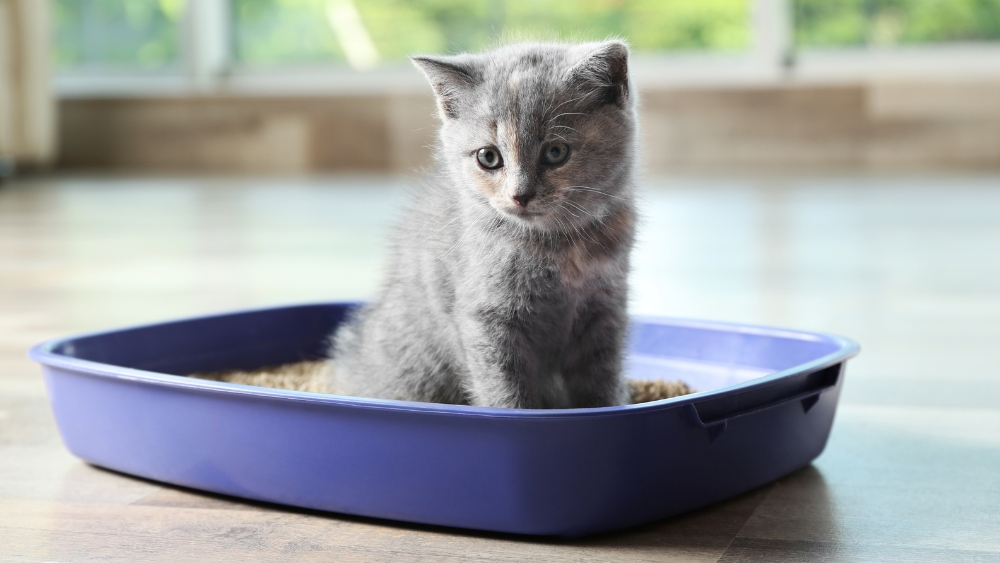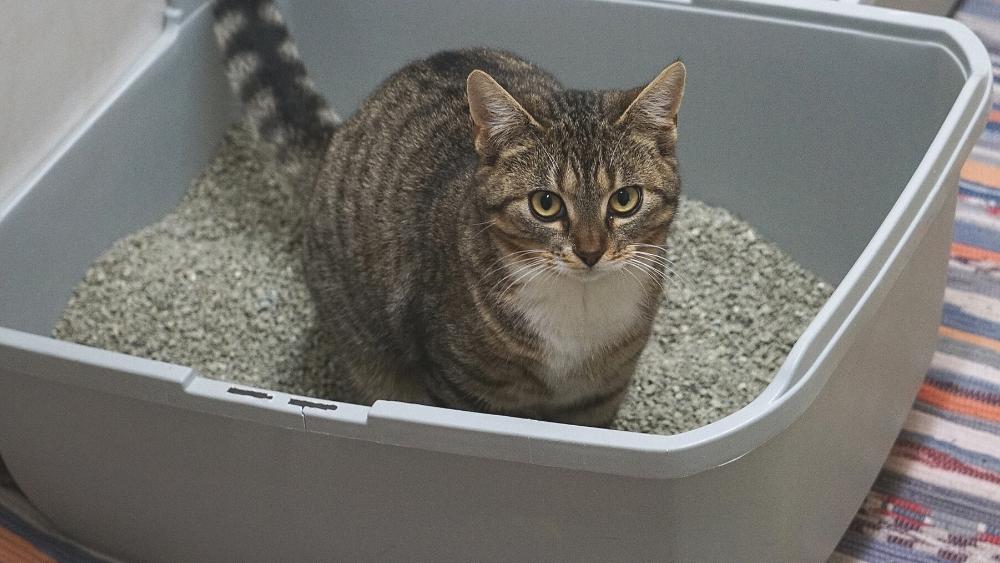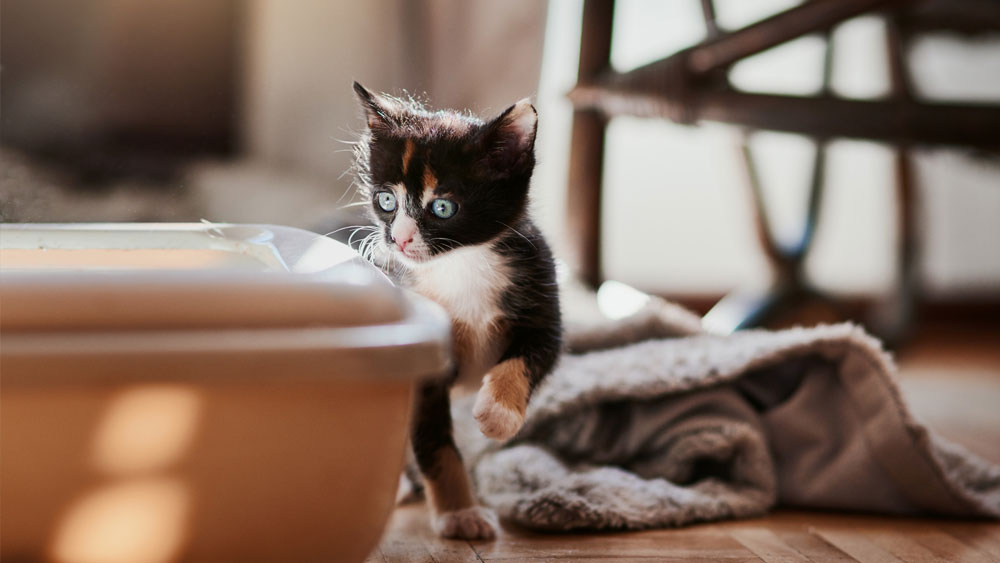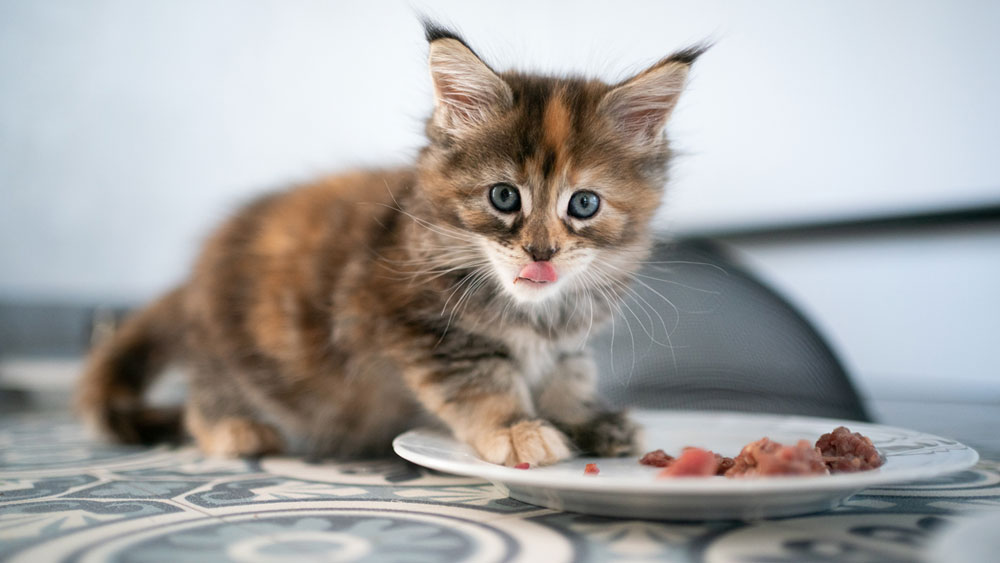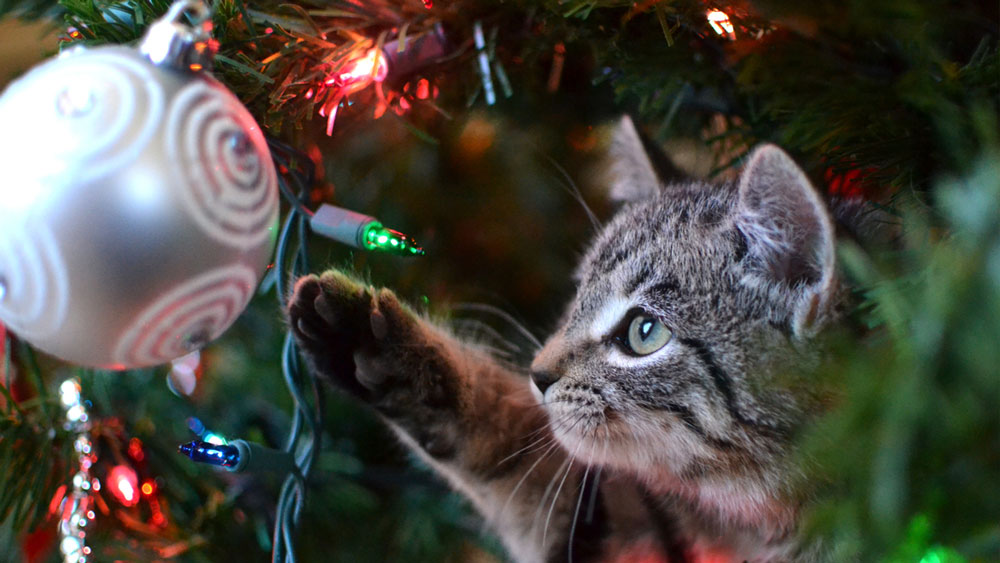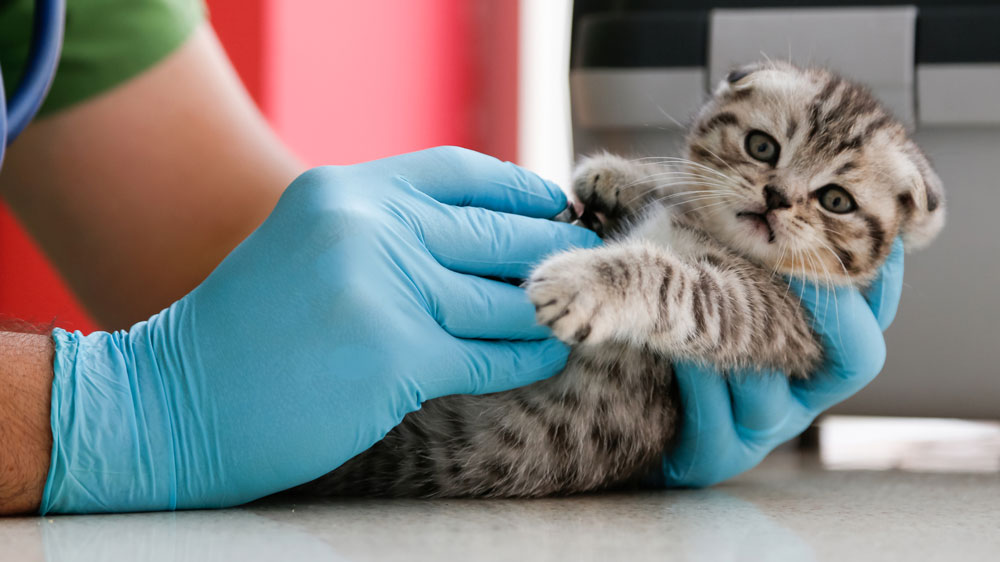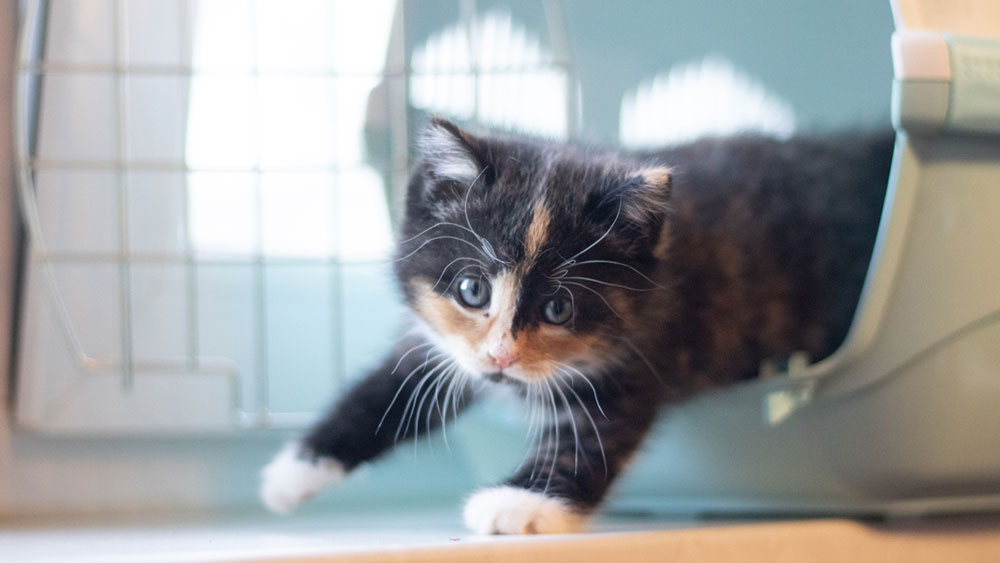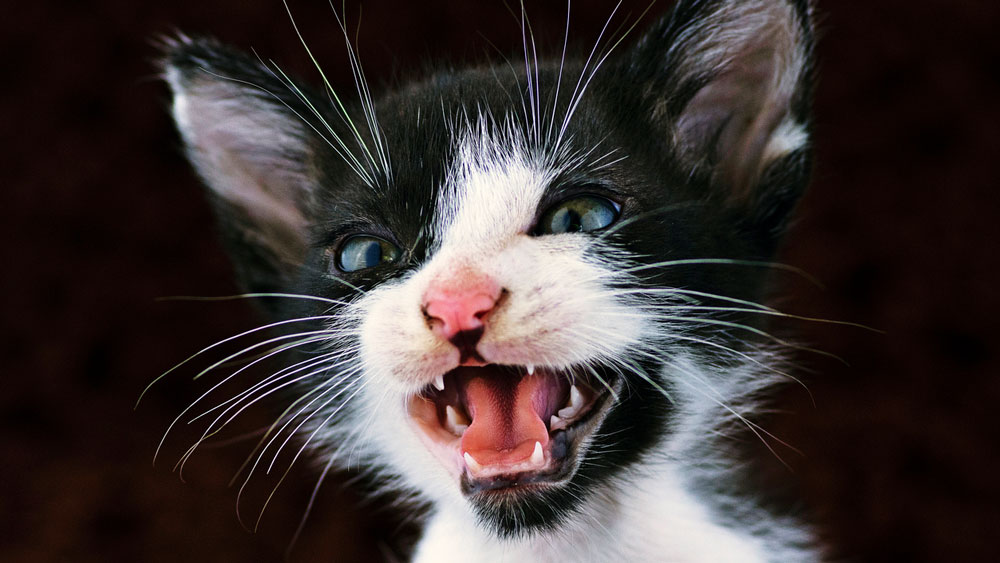Ringing IN the New Year: Wiping OUT Ringworm
Ringworm is the most common infectious skin disease in cats and gets its name from its circular appearance of hair loss and scaling of the skin. Ringworm isn’t a worm at all, and it’s not just an inconvenience. In a shelter, it can spread havoc.
Ringworm is a fungal infection caused by dermatophytes, microscopic fungal […]
